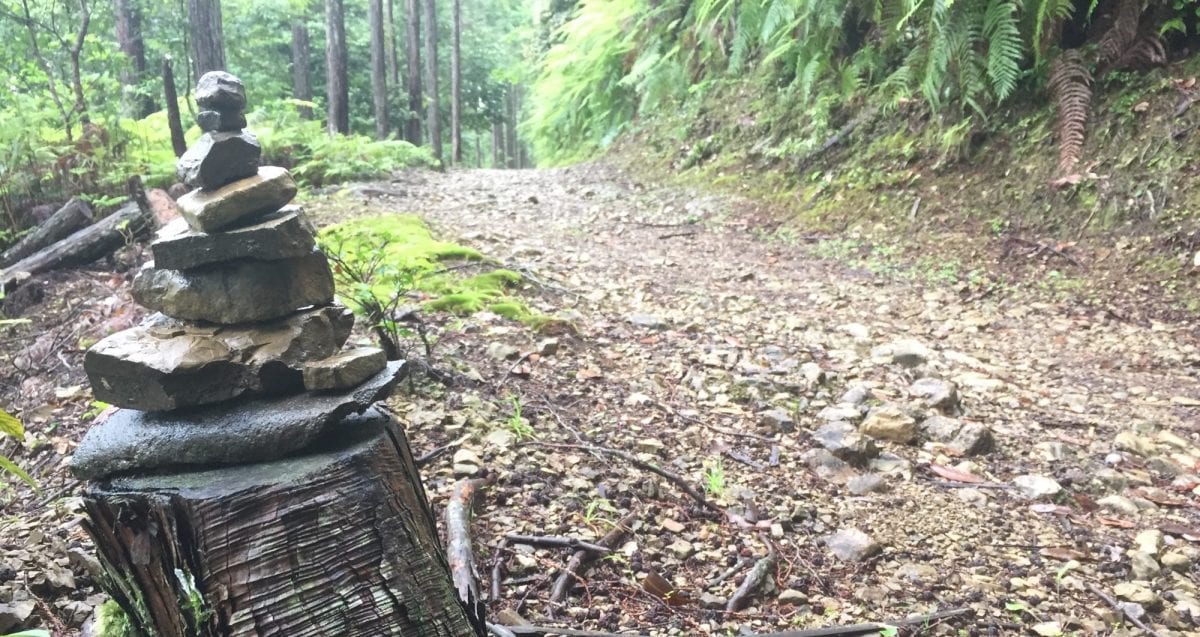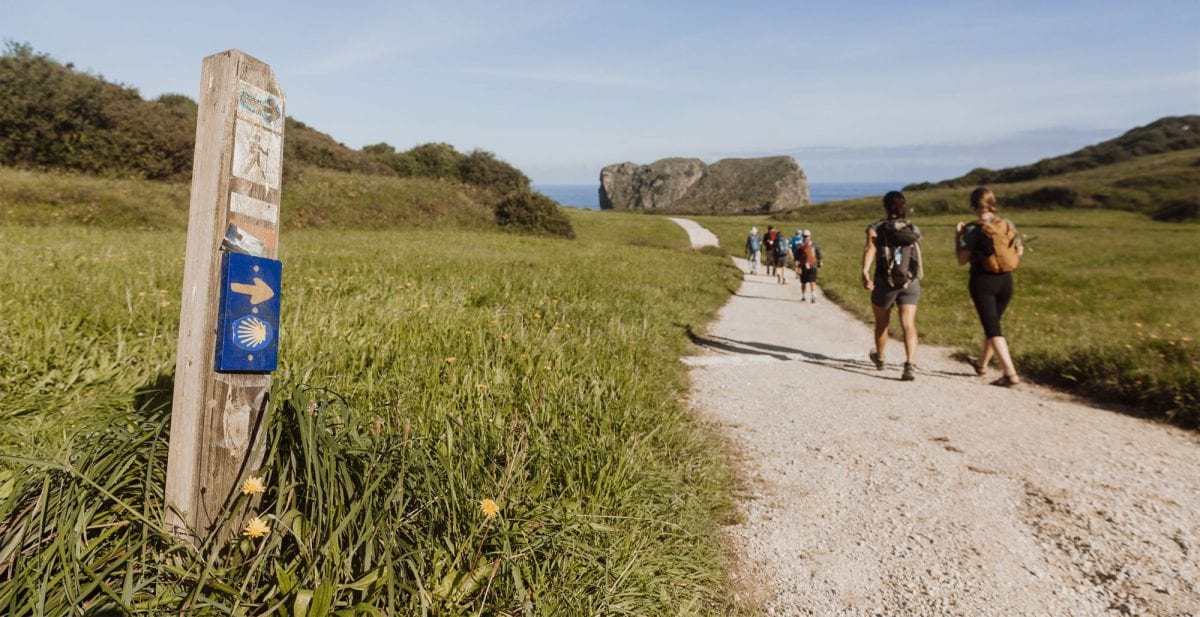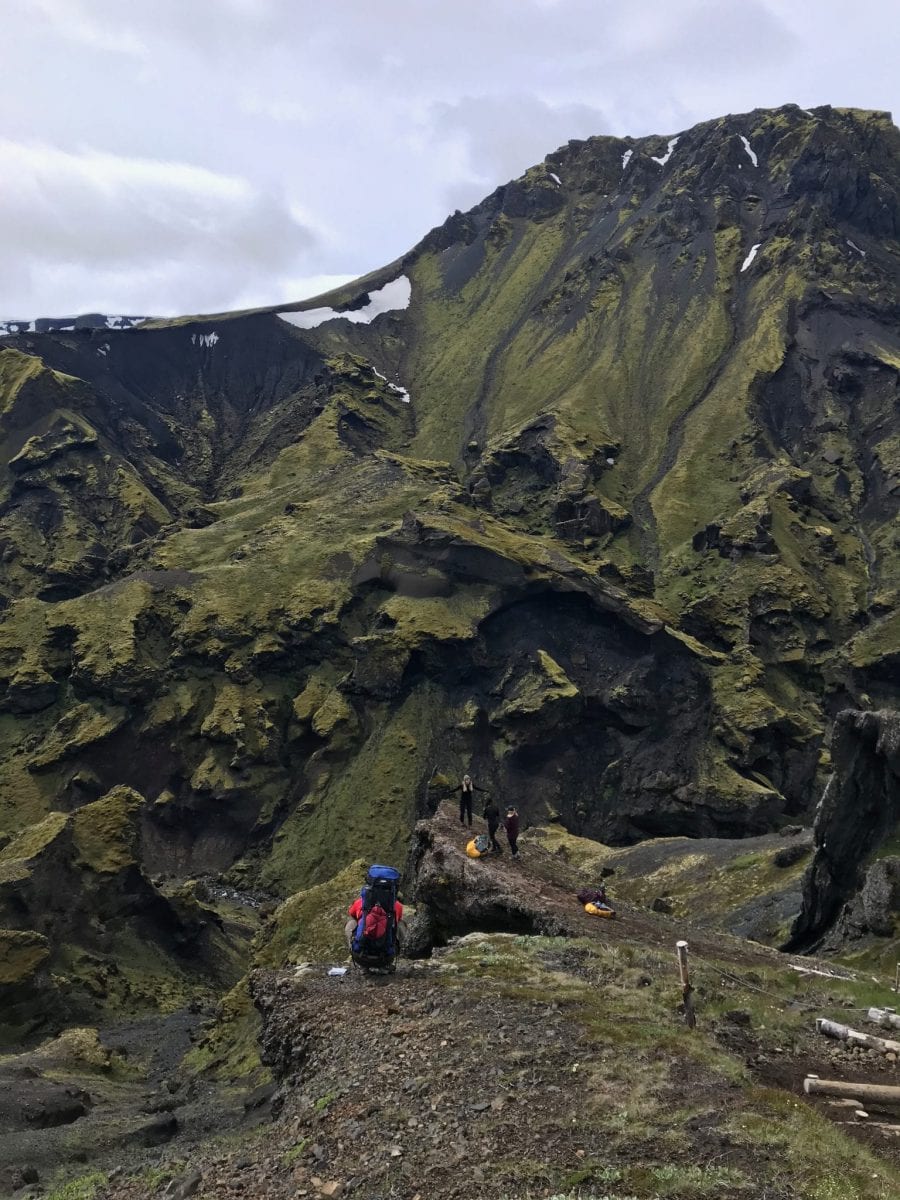I have a love-hate relationship with cairns. Cairns -mostly: not knowing what cairns were- were one of the key reasons my brother and I got lost on the Pennine Way trail. It was a red thread through my Kumano Kodo hike. And during my last Jordan Trail hike, my love-hate relationship was on full display. As fellow hiker Anna Geiserman remarked “day twenty-six: waymarkers on the Jordan trail sometimes exist and sometimes don’t. very useful” (full post). This is cairns – a tribute.
Cairns?!
Cairns are pretty much just piles of stones, deliberately put on top of each other to mark a specific route/path or spot in nature. Cairns are used as trail markers in many parts of the world, in uplands, on moorland, on mountaintops, near waterways and on sea cliffs, as well as in barren deserts and tundra. They vary in size from small stone markers to entire artificial hills, and in complexity from loose conical rock piles to delicately balanced sculptures and elaborate feats of megalithic engineering. For many thousands of years, they have been used as a way to mark trails or points of interest, in many different cultures.
Cairns as a metaphor
On my way back from my Jordan Trail hike, I was stuck for 9 hours at Amman airport, waiting for my flight home. It was part of a nightmare trip back home, but rather than having that ruin my day, I had already decided to make the most out of it. I spent the day observing the many people visiting an airport, talking to some travelers and reading some books. I started reading “If I Could Tell You Just One Thing…: Encounters with Remarkable People and Their Most Valuable Advice” by Richard Reed (Amazon link), one of the co-founders of Innocent Drinks. His opening word inspired me to this tribute to cairns.
Richard opens his book “My favorite tradition was placing a stone on the cairns, the small pile of rocks that walkers create to help mark the way. A simple, easy practice, both altruistic and self-preserving in its aim: to help others find their path, knowing that the next time the lost fell walker could be you. (…) And even on bright days, those cairns provided welcome reassurance, while more distant ones hinted at different paths still to explore.” to continue with “Off the mountains, I’ve come to appreciate that sometimes a few words of advice can act as cairn stones in life; a wise sentence or two that get you back on course when you’re lost in the fog or stuck in boggy terrain, knowledge from a fellow traveler who can point out the best views of the safest route.”
Cairns as a metaphor for the breadcrumbs in life, left by other people, sharing their experiences.
Thank you, cairns.





